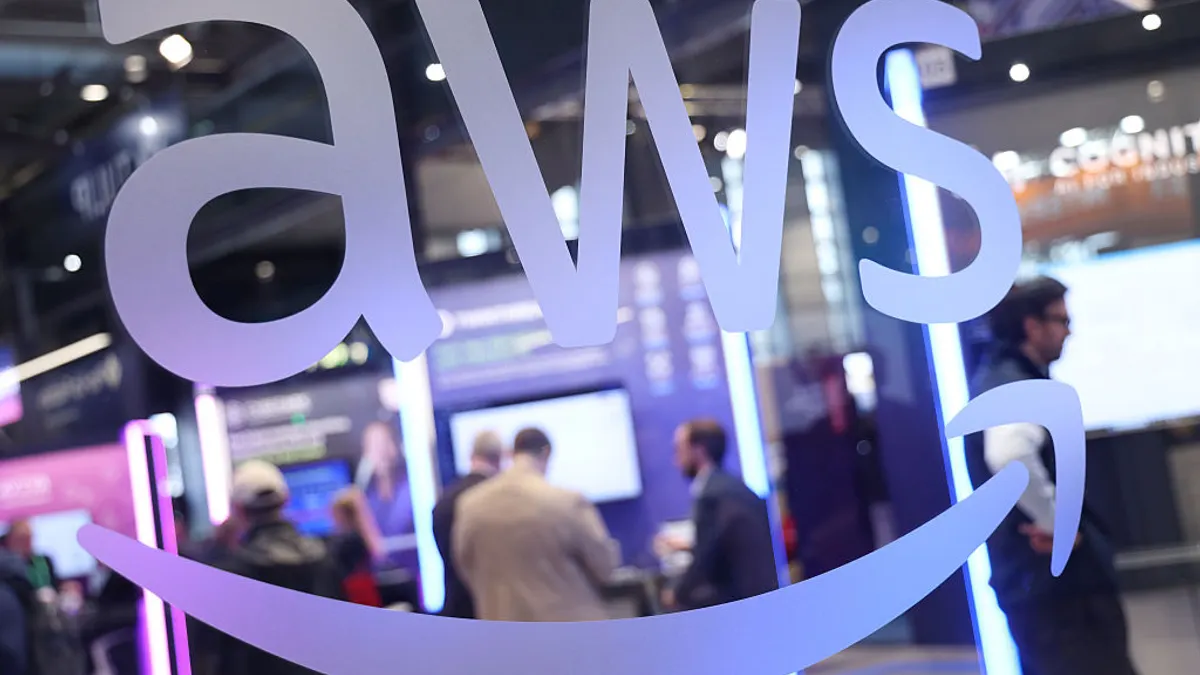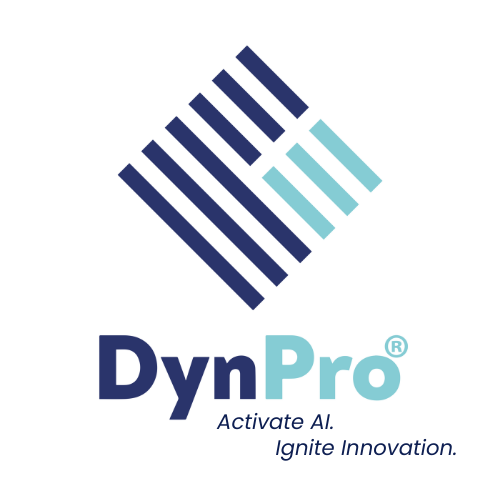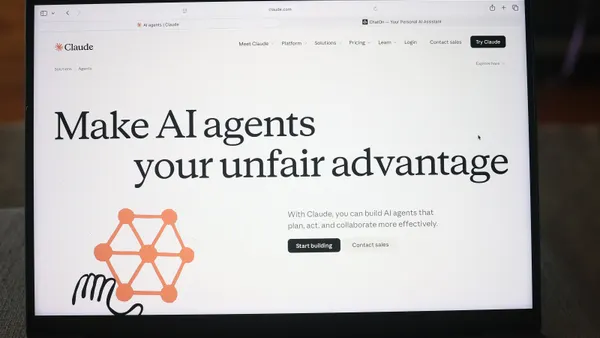Dive Brief:
- Even as employees become more familiar with AI, they have worries about the adoption of autonomous agentic tools, according to a Boston Consulting Group survey of more than 10,000 frontline workers, managers and leaders published Thursday.
- More than 70% of respondents use generative AI tools regularly, and nearly half said they save at least an hour a day. As adoption grows, confidence is on the rise, increasing 19 percentage points from 2018 to this year.
- AI agents are still nascent, however, with just 13% of employees seeing them in workflows. Employees said their top three worries about the technology are a lack of human oversight, unclear accountability when mistakes occur and bias or unfair treatment.
Dive Insight:
Enterprises trying to keep up with the rapid pace of technology advancements have their sights set on agentic AI. While early adopters report benefits, most organizations are still in the initial stages.
Leaders surveying the agentic playing field often point to security and governance gaps as key adoption roadblocks. Trouble integrating the technology with existing systems and a lack of organizational readiness are other commonly cited critical hurdles.
Still, businesses are focused on the technology’s potential for an outsized impact on work. Nearly three-quarters of senior leaders believe AI agents will give their company a competitive edge, and around half say the technology will make their operating model unrecognizable in two years, according to a PwC survey.
As vendors continue to iterate on supporting platforms and build out agentic portfolios, more enterprises are jumping on board. Earlier this week, Salesforce said 8,000 customers signed up in the past six months to deploy its Agentforce platform, but the company did not disclose how many of those customers were still in the pilot stage.
PepsiCo is “one of the first major food and beverage companies” to deploy the Agentforce platform, the provider said. The Gatorade manufacturer is also leaning on other agent providers as part of its broader transformation strategy.
Other early agent adopters include carmaker Toyota, beauty giant Estée Lauder Companies and retail powerhouse Walmart.














